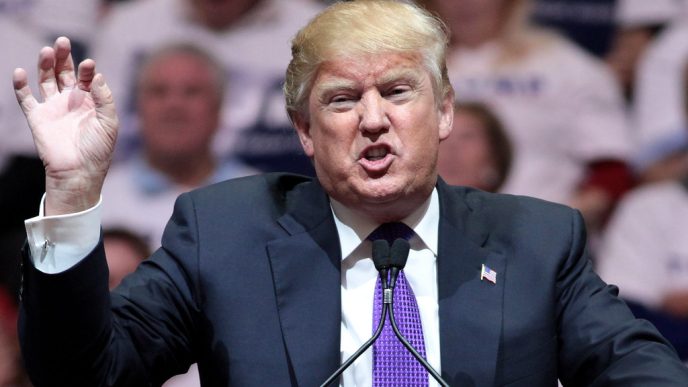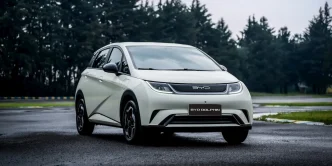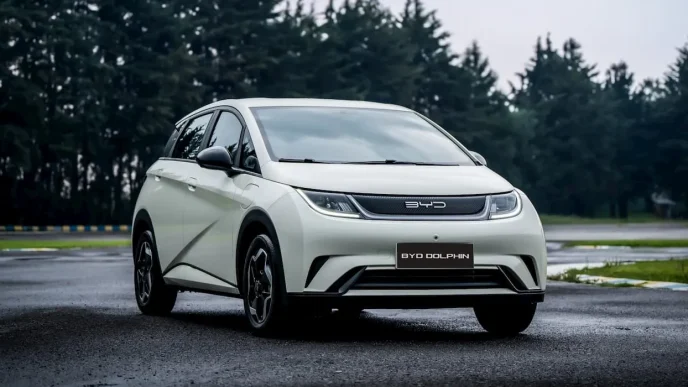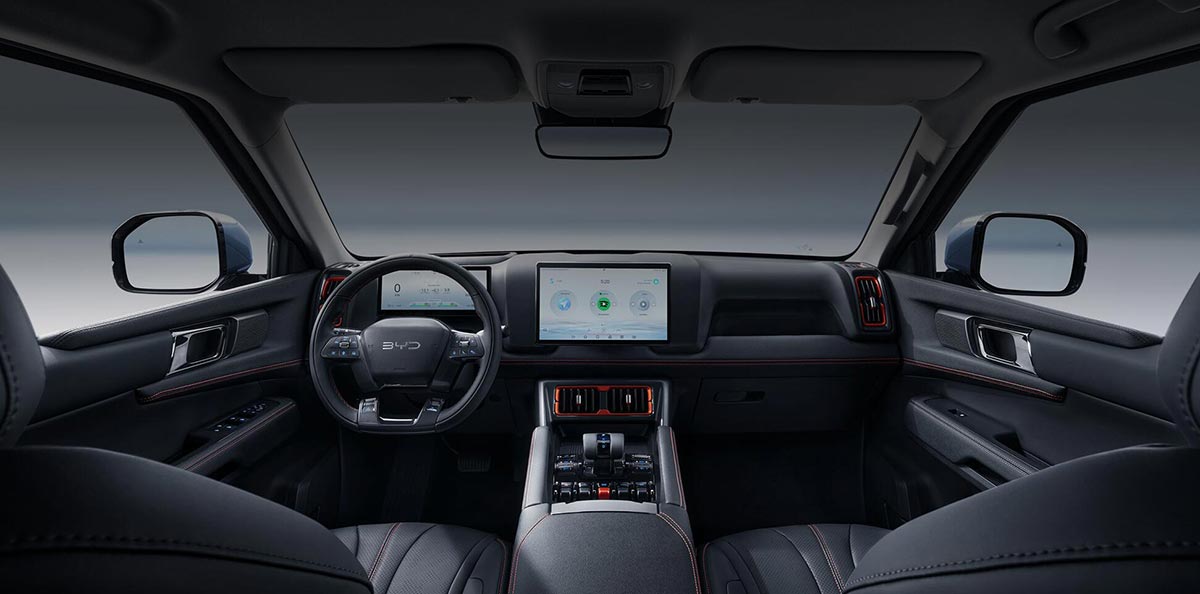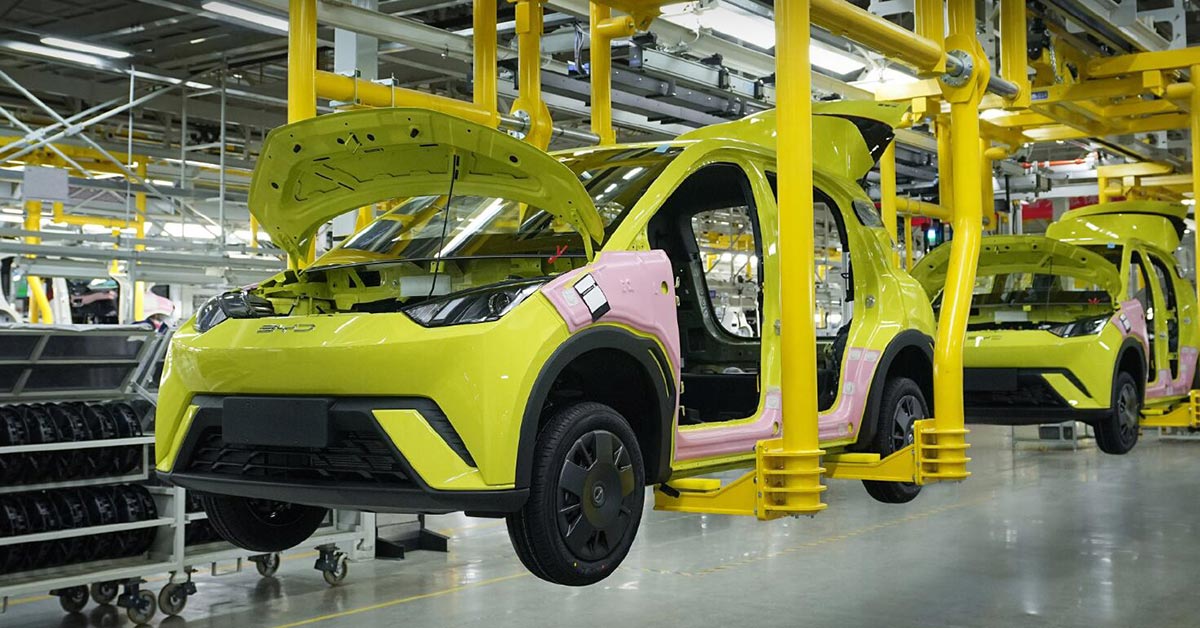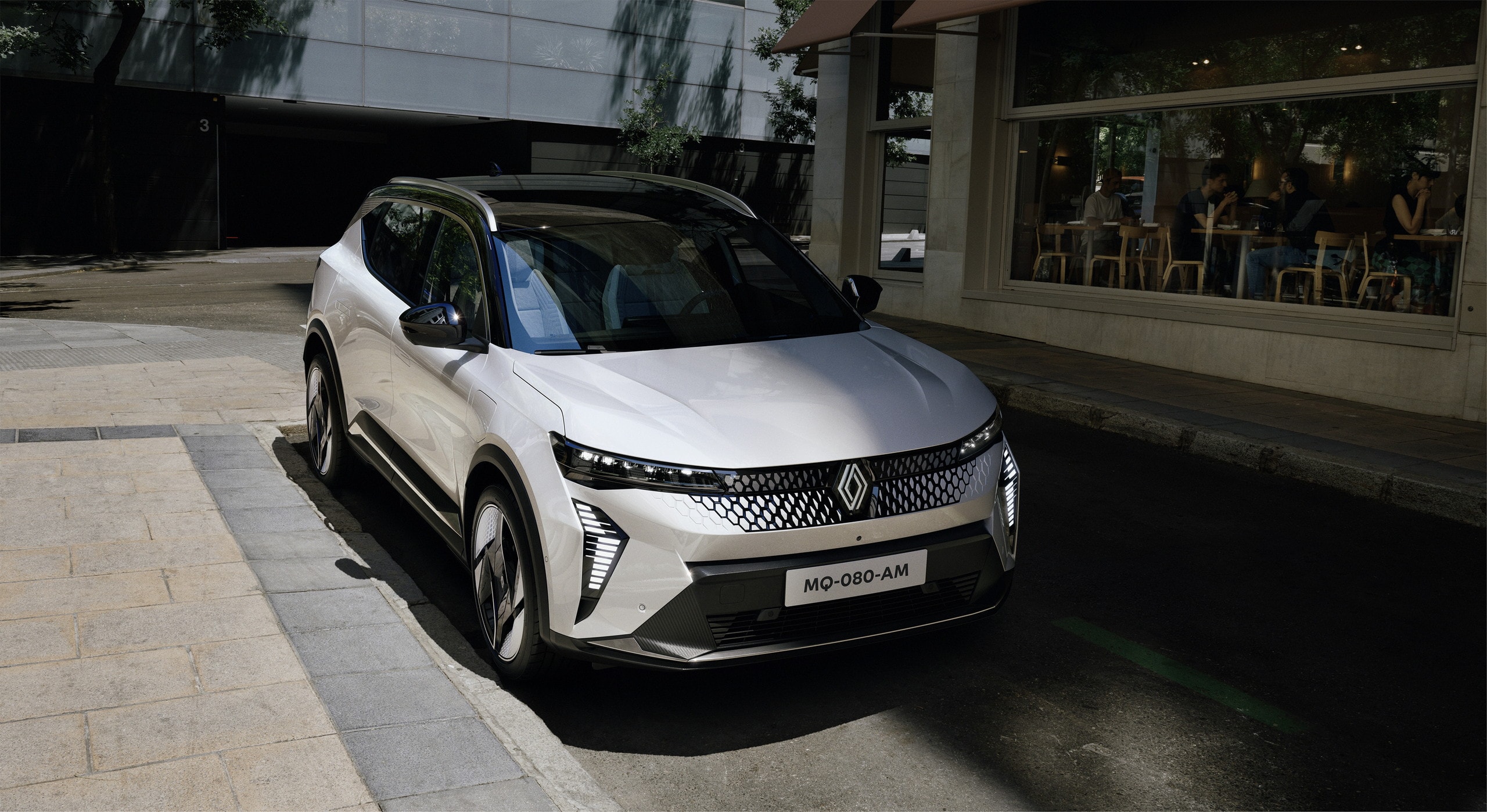Republican presidential candidate Donald Trump pledged on Thursday that, if elected, no state in the U.S. would be allowed to ban gasoline-powered cars or trucks. This commitment is part of his strategy to focus on the future of the auto industry as a key issue in the 2024 presidential campaign, particularly in Michigan, a crucial swing state and home to the Detroit Three automakers.
Speaking at a rally in Saginaw, Michigan, Trump emphasized his intention to protect gas-powered vehicles, stating, “When I’m president, no state in America will be permitted to ban gas powered cars or trucks, and I guarantee it – no way. You’re going to make them right here.” His remarks reflect a broader appeal to voters in Michigan, where the automotive industry is a significant economic driver.
The Trump campaign’s stance contrasts sharply with California’s aggressive push toward electric vehicles (EVs). In May 2023, California requested a waiver from the Environmental Protection Agency (EPA) to mandate that all new vehicles sold in the state by 2035 be electric or plug-in hybrids. This follows California’s landmark plan approved in August 2022 to phase out the sale of gasoline-only vehicles by the same year. The state’s initiative aims to implement rising zero-emission vehicle requirements starting in 2026, a strategy also adopted by 11 other states.
President Joe Biden’s administration has not endorsed a specific timeline for phasing out gasoline-only vehicles. Instead, it has invested billions of dollars in tax credits and grants to facilitate the transition to EVs, with a goal of having 50% of new vehicles be electric by 2030. The Biden administration argues that this transition is crucial for maintaining competitiveness with China.
In March, the EPA finalized rules aimed at reducing vehicle emissions by 49% by 2032 compared to 2026 levels. The agency projects that between 35% and 56% of new vehicles sold between 2030 and 2032 will need to be electric to comply with stringent emissions regulations.
However, automakers have raised concerns about California’s ambitious 2035 plan, suggesting that while such EV requirements may be feasible for California in the initial years, they are less certain for other states with lower EV sales. California’s regulations are projected to reduce smog-causing pollution from light-duty vehicles by 25% by 2037, mandating that 35% of new car sales be plug-in or zero-emission by 2026, increasing to 68% by 2030 and reaching 100% by 2035. Despite the potential costs of $210 billion, California estimates the rules will yield total benefits of $301 billion through 2040, allowing automakers to sell up to 20% plug-in hybrids by 2035.




